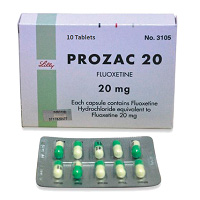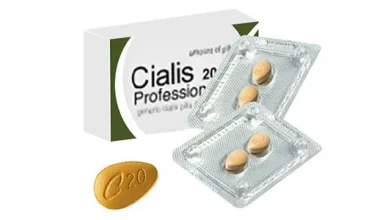
Depression is more than just a feeling of sadness or low mood; it is a complex and common condition that can affect every aspect of life. Understanding depression and learning how to manage it through self-care can be a transformative journey. This article explains what depression is and offers practical self-care strategies to support healing from within.
Understanding Depression
What is Depression?
Depression is a mental disorder characterized by persistent feelings of sadness, hopelessness, and disinterest in everyday activities. Unlike occasional mood swings, depression is a persistent condition that affects a person’s ability to function effectively.
Common Symptoms of Depression
The symptoms of depression vary, but they often include
- Persistent feelings of sadness or emptiness
- Loss of interest in activities you once enjoyed
- Changes in appetite or weight
- Sleep disturbances, including insomnia or excessive sleeping
- Difficulty concentrating or making decisions
- Thoughts of death or suicide
Causes and risk factors
Depression can be caused by a combination of genetic, biological, environmental, and psychological factors. Stressful life events, such as the loss of a loved one or financial problems, can trigger depression. Imbalances in brain chemicals and hormonal changes can also contribute to the development of this condition.
Self-help strategies for managing depression
1. Prioritize mental health
To manage depression, it’s important to take care of your mental health. Regular therapy sessions with a mental health professional can provide guidance and support. Cognitive behavioral therapy (CBT) and other therapeutic approaches can be particularly effective.
2. Develop a routine
A regular daily routine provides structure and stability, which can be very helpful for people with depression. Start with simple tasks and gradually work your way up to more complex tasks. A consistent routine can help reduce feelings of chaos and unpredictability.
3. Get physical activity
Exercise is an effective way to manage depression. Physical activity releases endorphins, which are natural mood enhancers. Try to get at least 30 minutes of moderate exercise most days of the week. Activities such as walking, swimming, or yoga can be especially helpful.
4. Eat a balanced diet
What you eat can affect your mood and overall well-being. Eating a balanced diet with plenty of fruits, vegetables, whole grains, and lean protein promotes both physical and mental health. Avoid excessive caffeine and alcohol, as they can worsen depression.
- Practice mindfulness and meditation
Mindfulness and meditation techniques can help manage stress and improve your mental state. These practices involve focusing on the present moment, and they can help reduce negative thought patterns that accompany depression. Apps and online resources can guide you through mindfulness exercises.
6. Maintain healthy relationships
Social support plays an important role in managing depression. Surround yourself with understanding and supportive friends and family. Share your feelings and experiences with those you trust. Social activities can also improve your mood, even if they are difficult.
7. Set realistic goals
Setting small, achievable goals can give you a sense of accomplishment and purpose. Break tasks down into manageable steps and celebrate your progress, no matter how small. This approach can help build confidence and counteract feelings of worthlessness.
8. Prioritize sleep
Getting enough sleep is important for mental health. Aim for 7-9 hours of quality sleep each night. Create a relaxing bedtime routine and make sure your sleep environment is comfortable and restful.
9. Limit stress
While it’s not always possible to eliminate stress, finding ways to manage it can make a big difference. Identify the sources of stress in your life and develop strategies to manage them. Techniques like deep breathing exercises and time management can help lower stress levels.
10. Seek professional help
When self-care strategies aren’t enough, it’s important to seek professional help. Mental health professionals can offer additional support and treatment options. They can also help identify the causes of depression and develop a personalized treatment plan.
Conclusion
Healing from depression is a journey that involves understanding the illness, practicing self-care, and seeking support when needed. Incorporating these self-care strategies into your daily life can help you build a foundation for healing from within. Remember that it’s OK to ask for help and take it one step at a time.




